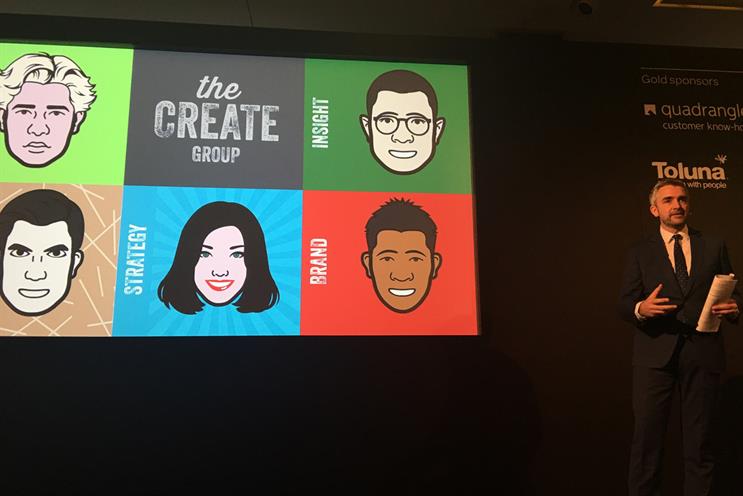
Speaking on a panel at yesterday’s Market Research Society's annual conference, BBC head of audiences, Patrick Collins, said: "BBC have an anxiety about younger audience and how and what content to make for them." He spoke of a "need-based approach" to innovation to help build content not based on genres but instead based on fulfilling functional, emotional and life changing needs.
According to Collins, there are different psychological needs young people have when it comes to media — including social connections (programmes that offer a chance to bond across or within age groups) and mood management (programmes that are stimulating or interesting).
"I’m often asked what type of content to create for young people or what device it needs to be distributed on and my challenge has been to help BBC innovate without these constraints. The usual parameters of content, device or platform preference are changing all the time and therefore we need to reinvent ourselves," he said, adding that content needs to be developed to cater to the needs of the different stages of life to provide better relevance.
With young audiences growing up against the backdrop of a financial crisis as well the globalisation backlash, Collins said BBC needed to reinvent itself to engage better with its young audiences. "Innovation can only happen if everyone gets serious about change and that can only happen if there is investment in not just a cultural mind shift but also in the strategic tools we use as a business to help provide us a creative springboard."
Echoing the sentiment, Patrick Kalotis, global general manager (fruit & vegetable) at Pepsico Global Nutrition Group (GNG) focused on how innovation is possible only when brands discard their established "ways of thinking".
He presented Pepsico GNG’s new innovation model, The Create Group, established as a catalyst group inside the organisation to foster a creative and innovative culture, and one that allows different parts of the business to collaborate.
"The idea was to look at innovation from different perspectives, to bring in more people and to give us the credibility and confidence to understand the emerging consumer behaviours and patterns. I wanted to go beyond juice in a tetra-pack to ultimately focus on health. Businesses like ours are suited to existing paradigms, and there was some resistance from within when we started talking about this Group.
"However when I first started in my role I saw very little passion or a sense of engagement in what my team was doing. The idea was to take their passions and ideas and apply to the way we do business - whether it is in a product or packaging or social media activation programmes - and inspire a move away from short-termism and instead towards a guiding light of the future," explained Kalotis.
Kalotis did not give away any plans for future innovations as a result of the Create Group, but concluded that a conventional led consumer approach is no longer possible if a business is trying to "create a future."



.jpg)
.jpeg)
